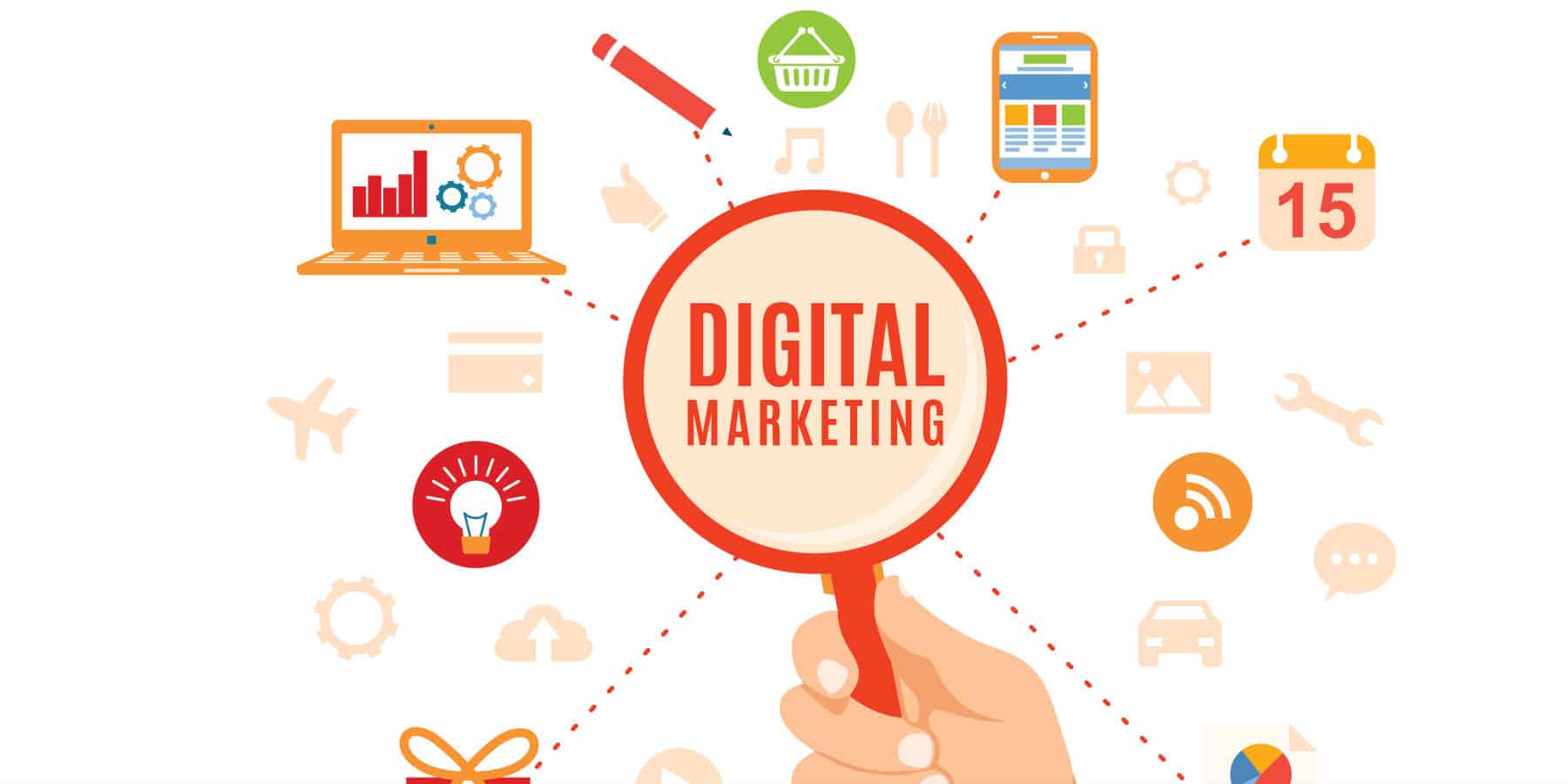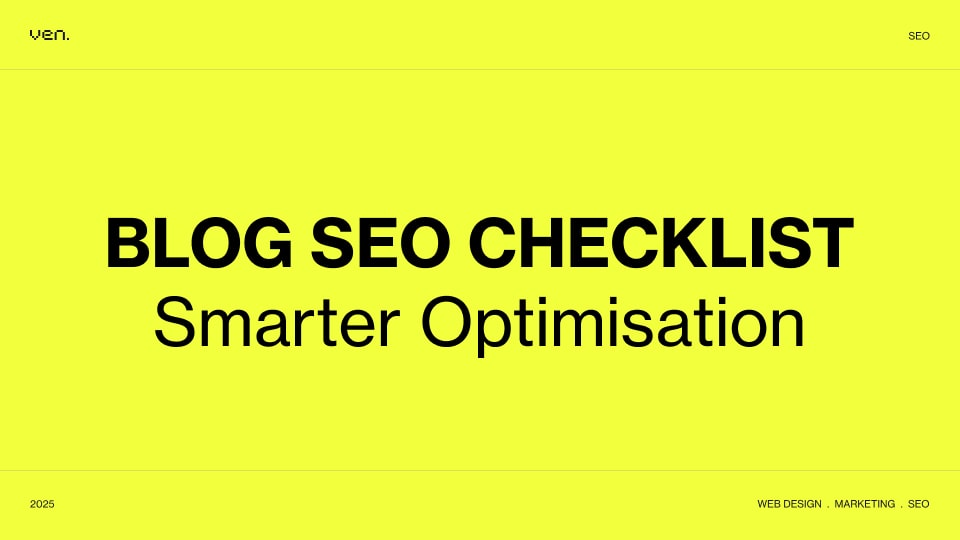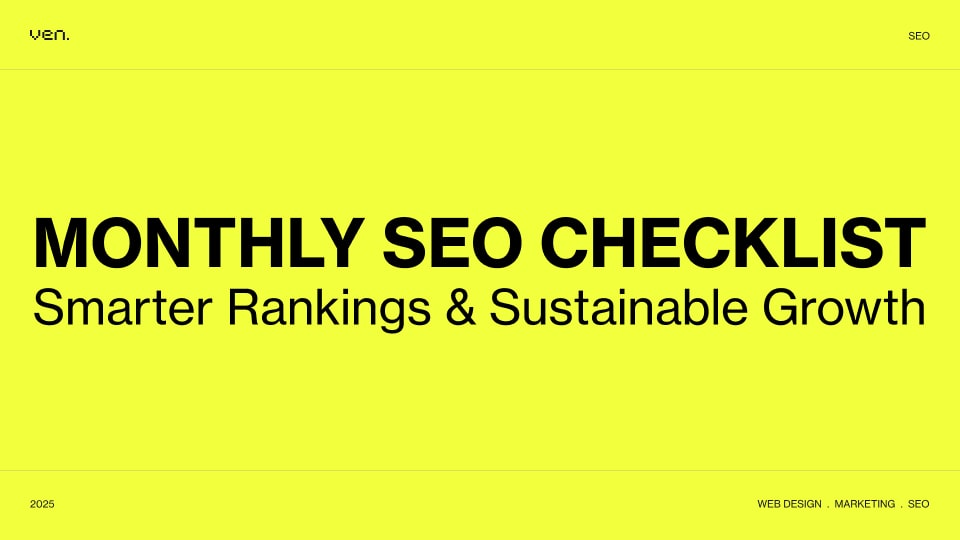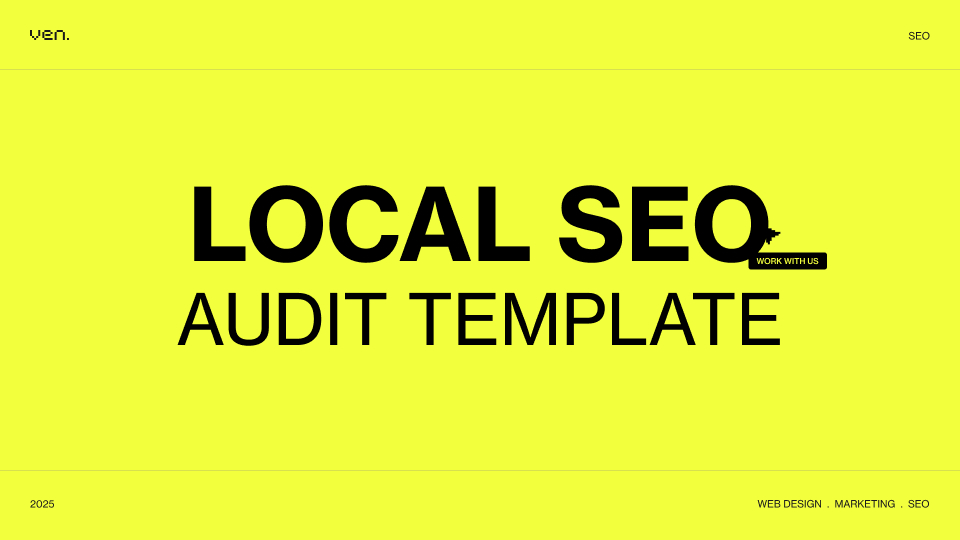Nowadays, digital marketing is supposed to replace traditional marketing. It has become an essential part of business strategy for companies who wish to attract new customers or keep their existing ones loyal. Digital marketing consists of many different factors, including SEO. This article will help you understand digital marketing and differentiate between SEO and Digital Marketing.
1. What is digital marketing?
1.1 Definition of digital marketing
Digital marketing is a coherency of marketing techniques and digital technologies. More specifically, it uses digital channels to enhance brand awareness, reach, engage, and convert customers.
Digital marketing can be broken down into four main areas: 6
Search engine marketing (SEM):
It can be broken into two categories: organic and paid.
– Organic SEM (known as SEO): allows traffic to a website and converts it into sales. It is a long-term strategy that requires patience and consistency. It can take years to see results from SEO, but it will pay off if done right.
– Paid SEM: this is a form of advertising on search engines to have ads shown by search engines on the top, side, and bottom of the search results page. The ads can be text-based or include images and video. Some platforms that could be displayed are Google AdWords, Facebook Ads, Tiktok ads, and LinkedIn ads.
Social media marketing:
It is a form of advertising through social media platforms, such as Twitter, Facebook, Instagram, YouTube, etc. There are three popular techniques used in social media marketing: Social media advertising, Social media monitoring, and Social media listening.
Email marketing:
Typically reaches current and potential customers directly and personally by sending emails. It can be in many forms, such as newsletters, special offers, sales promotions, etc.
Content marketing:
Focuses on creating and distributing valuable, relevant, and consistent content to attract and acquire a clearly defined audience — and, ultimately, to drive profitable customer action. It can include blogs, ebooks, videos, webinars, podcasts, and social media posts.
5. Affiliate marketing:
Is performance-based online advertising that allows individuals and businesses to earn a commission by referring traffic and sales to other businesses’ products. Affiliates are typically paid per click or per sale.
6. Influencer marketing:
It is a form of marketing that uses KOL or KOC in specific industries to promote products/services. The goal is to reach potential customers through influencers’ existing social media channels through their posts about the product on their social media accounts.
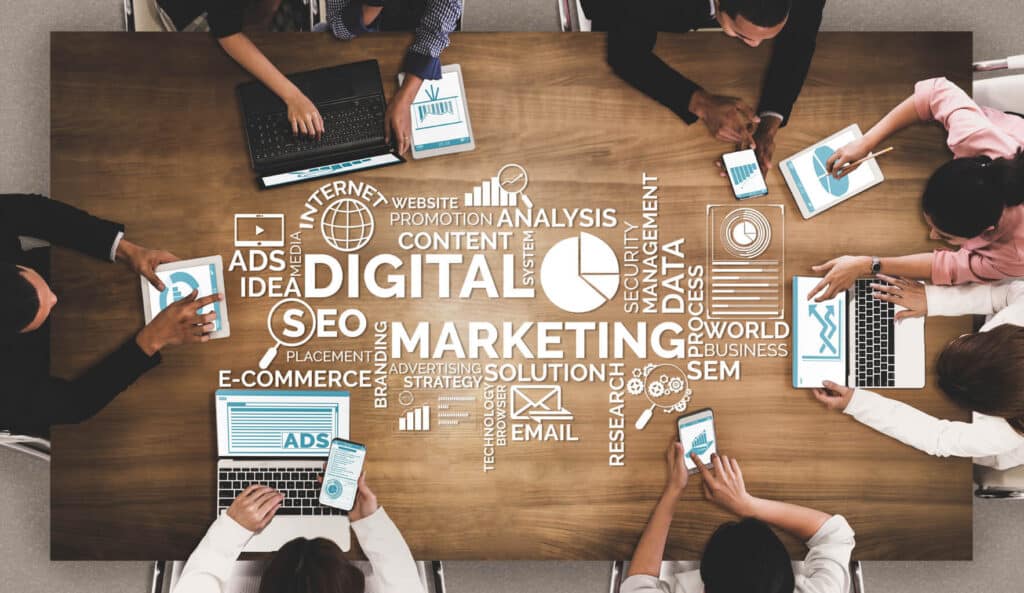
1.2 Benefits of Digital Marketing
Digital Marketing has overgrown in recent years and is the most effective way to reach potential customers. It offers numerous benefits that traditional offline advertising does not, including:
Cost-effective
Setting up a digital marketing plan is less expensive than a traditional one. You can spend less on digital marketing and still get the same results. However, in some cases, the cost of digital marketing may be higher than traditional methods, but the benefits far outweigh the costs.
Reach more potential & target audience
Create different campaigns targeting specific customers based on age, location, gender, preferences, and needs. It increases the chances of conversion into customers for a business!
Easy to measure results: you can easily track how many people visit your website, how many people sign up for your email newsletter, how much reVenue each campaign generates, and how many times someone clicks on an advertisement or shares something on social media. It is easy to analyze performance and compare them with your previous ones.
Personalized messages: it allows you to customize your message based on data collected about your target audience. It helps customers feel special and appreciated, rather than being spoken to in another number on a spreadsheet.
2. SEO vs. Digital Marketing: What is the Difference
2.1 Differences between digital marketing and SEO
Digital Marketing is various, while SEO is individual
Digital marketing is pretty diverse, including email, social media, SEO, and more. On the other hand, SEO is an organic channel, which is an element in digital marketing strategies.
Digital marketing uses emails, social media posts, and more. However, SEO only works on search engines
digital marketing is an umbrella term used in emails, social media posts, and more. Nevertheless, SEO is only effective on search engines such as Google, Yahoo, and Bing.
Digital marketing often focuses on being financially driVen, but SEO is not.
The main goal of digital marketing is to increase sales through various practices (PPC, email marketing, social marketing,..). Meanwhile, SEO is not directly related to sales. It has a significant impact on website traffic and rankings and has an effect partly on the transaction.
Keywords are one of the most critical factors in SEO, but they are not as crucial in digital marketing.
In SEO, keywords are a method for users to approach your website and also permit Google to understand your website. While in digital marketing, there are more factors involved than just keywords, such as email marketing, buzz, initiating conversations, influencing social networks, etc.
While there are many differences between digital marketing and SEO, the former and the latter have similarities. They are both relevant to online marketing, aim to drive business growth, and use the same tools, such as Google Analytics, Google Search Console, Google Trends, Keywords Planner, etc.
2.2 SEO vs. digital marketing: which is better?
The answer depends on your goals, your business, and how much time and money you have available for investment. Consider two factors below for the question ‘SEO vs. digital marketing: which is better?’
Size of Company
Expenses & resources of SEO require long-term investment. If you are a start-up or SME business, have a limited budget, and need instant results, digital marketing could be a better choice than SEO.
In contrast, if you are a big company with abundant resources, combining two methods to have mixed results between SEO and digital marketing will lead to outstanding performance.
The scale of businesses
SEO is an excellent strategy for companies of all sizes, but it’s not always the best choice for every company. SEO is a long-term investment that requires a substantial budget.
Suppose your business scale is not big enough to gain significant traffic that deserves the expense & resources you invest in SEO. In that case, you should consider using digital marketing methods such as PPC or social media advertising to reach your target with a reasonable budget and effort.
